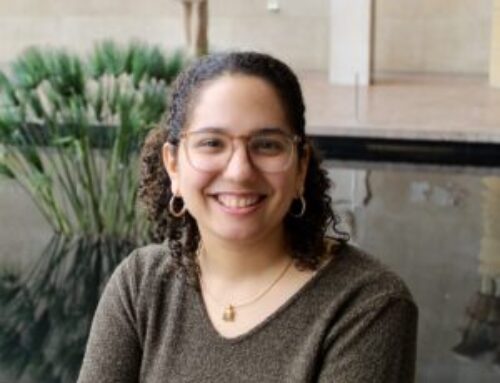As widely reported in the press last week, former OpenAI researcher and whistleblower Suchir Balaji, 26, died by suicide a few weeks ago. The San Francisco police found his body on November 26 after they were called to his apartment prompted by concerns of his wellbeing. Sadly, Balaji adds to the list of whistleblowers who have died this past year amid their efforts to expose what they saw as serious wrongdoing broadly impacting the public.
Balaji’s tragedy follows his October 2024 interview with The New York Times where he alleged the artificial intelligence company was violating US copyright laws through its ChatGPT data gathering systems. He also raised his concerns that OpenAI’s methods threatened the Internet by destroying the commercial viability of the individuals and businesses that created the digital data used to train its AI system.
Balaji was raised in Cupertino, California and studied computer science at the University of California, Berkeley. He worked at OpenAI for four years and specifically on ChatGPT during his last year and a half before leaving in August 2024. The New York Times article explained what Balaji deduced: “OpenAI’s use of copyrighted data to build ChatGPT violated the law and that technologies like ChatGPT were damaging the Internet.”
Balaji left the company “because he no longer wanted to contribute to technologies that he believed would bring society more harm than benefit.” Balaji further explained in an X post why he was “skeptical ‘fair use’ would be a plausible defense for a lot of generative AI products.” He shared, “I don’t want this to read as a critique of ChatGPT or OpenAI per se, because fair use and generative AI is a much broader issue than any one product or company.”
In the meantime, OpenAI has been flooded with copyright infringement lawsuits from numerous publishers and authors, including The New York Times and John Grisham, claiming the company illegally used their articles and content to train its software. Notably, as reported in Business Insider, The New York Times identified Balaji just days before his death as a “custodian” with “unique and relevant documents” that could support its case against OpenAI.
OpenAI told BBC that its software is “grounded in fair use and related international copyright principles that are fair for creators and support innovation.” The company claims its models are “trained on publicly available data.”
Since Balaji’s passing, an OpenAI spokesperson said the company is “devastated to learn of this incredibly sad news … and our hearts go out to Suchir’s loved ones during this difficult time.”
This is the second reported whistleblower suicide this year. In March 2024, Boeing whistleblower John Barnett, 62, died from an apparent self-inflicted gunshot wound. At the time of his death, Barnett was in Charleston, South Carolina giving testimony in his whistleblower case, claiming the aerospace company retaliated against him for reporting safety and quality issues with the Boeing 787 Dreamliner. Beside Barnett’s body, investigators found a note that read, “I can’t do this any longer” and “I pray Boeing pays.”
Another Boeing whistleblower, Joshua Dean, from the supplier Spirit AeroSystems, also died this year. Dean’s family reported that he perished after falling into critical condition from an MRSA bacterial infection.
Other unfortunate reports of whistleblower suicides in past years include Veterans Affairs whistleblower Christopher Kirkpatrick and Department of Homeland Security whistleblower Philip Haney.
Balaji, Barnett, Dean, and countless other whistleblowers were brave to come forward and take a stand, putting the health and safety of the public before their own personal wellbeing. They are very distressing reminders of the difficult path many whistleblowers face in trying to do the right thing. They are equally potent reminders of how we all would be best served by better protecting whistleblowers and providing them with safe and easy channels to shine a light on fraud and misconduct.
If you are thinking about blowing the whistle, there are numerous organizations that can help you navigate what can be such a difficult journey. There also are numerous state and federal laws available to protect you from retaliation, and mental health resources for life-saving support, including the 988 Suicide and Crisis Lifeline. It is important to know you do not need to go at it alone.
Read Another Tragic Whistleblower Death – OpenAI Whistleblower Suchir Balaji at constantinecannon.com






Leave A Comment